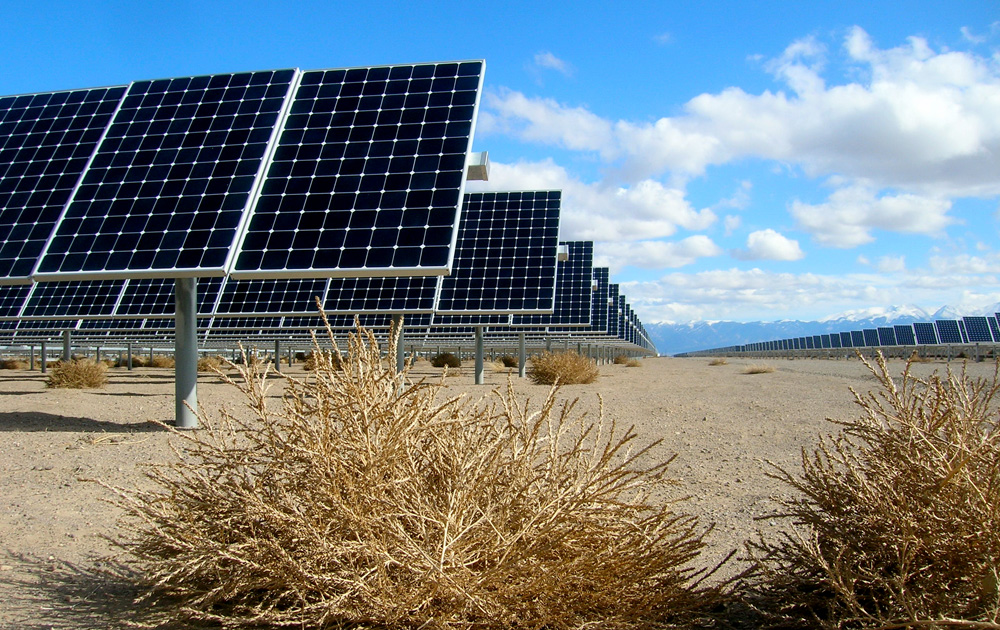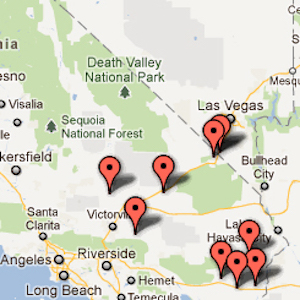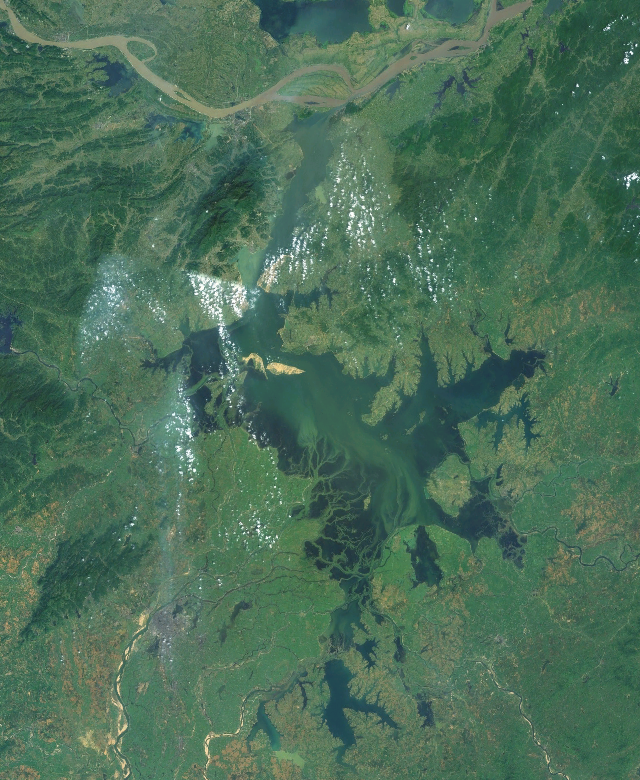
The Stream, February 28: The Future of Water in Central Asia
0 Comments
/
Water Law
The U.S. Supreme Court has rejected an appeal by five…

Keystone XL Closer After U.S. House Vote
The proposed pipeline could be approved on a much shorter timeline than was laid out by President Barack Obama, after the U.S. House of Representatives passed a bill Thursday giving approval power for the project to the Federal Energy Regulatory Commission (FERC). The Senate has not yet considered the bill.

President Obama’s 2013 Budget a Mixed Bag for Water, a Boon for Clean Energy
The president throws more clean-energy money at the Energy Department, while cuts to the Environmental Protection Agency's budget come at the expense of water and sewer infrastructure.

The Stream, February 13: Global Ice Melt
Climate
The global ice melt from 2003 to 2010 resulted in enough…

The Stream, February 10: Danube River Freezes Over
Weather
The crazy winter weather continued, as record low temperatures…

The Stream, February 9: Is Shale Gas a ‘Bridge Fuel’?
A new study into the carbon footprint of shale gas operations…

The Stream, February 7: Extreme Weather
Weather Extremes
Thousands of Australians have been forced from…

The Stream, February 6: U.S. to Require Disclosure of Fracking Chemicals
The U.S. government will require natural gas companies to disclose…

Economics and Water Concerns Alter the Solar Landscape in the US West
The falling price of photovoltaic panels and public concerns…

The Stream, January 31: Mining and Food Production
Australia's first law intended to protect prime agricultural…

Pollution, Dry Weather Choke the World’s Major Lakes
Urban waste and falling water levels signaled a rough start to…

Visions of Solar Energy’s Future Compete in Colorado’s San Luis Valley
The U.S. government is in the process of designating more than 6,000 hectacres of federal land for solar energy development. As companies line up to submit projects, some valley residents are questioning the centralized model of energy generation and are, instead, trying to shape an independent energy future.

